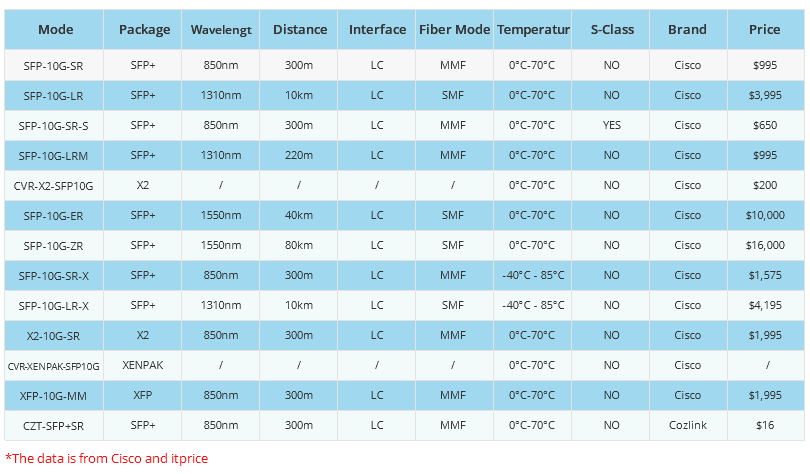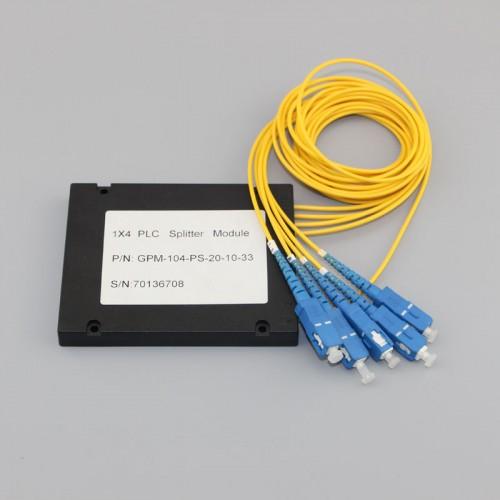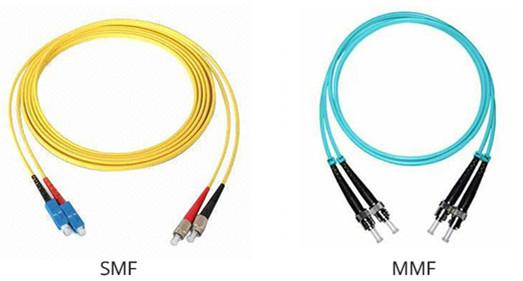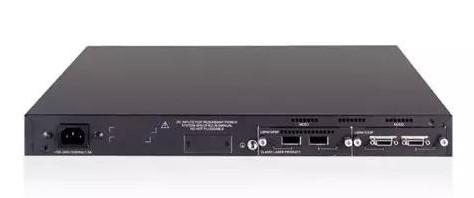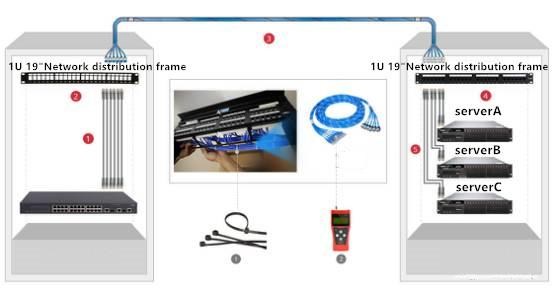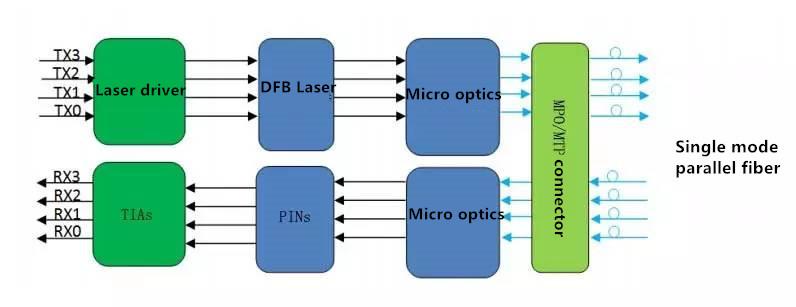- Related articles
- Optical Transceivers for Cisco SG500X-48-K9-G5 Switch
- Optical Transceivers for Cisco SG500-52P-K9-G5 Switch
- Applicable to 1000BASE-LH Standard optical transceiver models
- All Cisco GLC-FE-100LX-RGD’s Information (Overview, Features, Datasheet PDF, Price, Specif
- Optical Transceivers for Cisco WS-C3560-48PS-S Switch
- All Cisco GLC-LX-SM-RGD's information (List price, Specs, Datasheet PDF, Compatibility mat
- Optical Transceivers for Cisco WS-C2960X-48LPD-L Switch
- What is the Difference Between GBIC and SFP?
- Optical Transceivers for Cisco SF350-48P-K9-UK Switch
- How to install NIC card?

Definition
SFP slots are nests, where SFP (small form-factor pluggable) transceiver is connected to a switch, router, media converter or similar device by a fiber optic or copper networking cable.
Common information and purpose
The form factor and electrical interface of SFP slots are specified by a multi-source agreement (MSA). It is a popular industry format jointly developed and supported by many network component vendors. SFP transceivers and also SFP slots are designed to support SONET, gigabit Ethernet, Fiber Channel, and other communications standards. They are a hot-swappable input/output devices that plugs into a SFP ports or SFP slots, linking the port with the network Due to its smaller size, SFP obsolesces the formerly ubiquitous gigabit interface converter (GBIC); the SFP is sometimes referred to as a Mini-GBIC. In fact, no device with this name has ever been defined in the MSAs.
It is possible to design an SFP slot that can accept a standard SFP module. Some routing and Ethernet switch equipment allows for the use of a 10 Gbit/s transceiver at lower gigabit Ethernet speed, such as with a 1 Gbit/s 1310 nm LX SFP.
Applications
SFP slots are found in Ethernet switches, routers, firewalls and network interface cards. Storage interface cards, also called HBAs or Fiber Channel storage switches, also make use of these modules, supporting different speeds such as 2Gb, 4Gb, and 8Gb. Because of their low cost, low profile, and ability to provide a connection to different types of optical fiber, SFP provides such equipment with enhanced flexibility.
Standardization
As we said the SFP transceiver and SFP slots is not standardized by any official standards body, but rather is specified by a multi-source agreement (MSA) among competing manufacturers. The SFP slots was designed after the GBIC interface, and allows greater port density (number of transceivers per cm along the edge of a mother board) than the GBIC, which is why SFP is also known as mini-GBIC. The related Small Form Factor transceiver is similar in size to the SFP, but is soldered to the host board as a through-hole device, rather than plugged into an edge-card socket.
What are combo SFP slots?
Combo sfp slots also called Optical multiplexing slots,they are used for equipment cascade,which mainly used in communication.Our transceivers contain the combo sfp slots, which has optical port and electrical port.Our SFP optical module can be inserted in optical port. and cables can be inserted in electrical port. But they cannot be used at the same time.
Conclusion
However, as a practical matter, some networking equipment manufacturers engage in vendor lock-in practices whereby they deliberately break compatibility with "generic" SFPs by adding a check in the device's firmware that will enable only the vendor's own modules. The benefits of SFP slots are that they allow multiple options for connectivity.
Please click to check more related conceps:
| Support SFP media types | Ethernet standard |














































